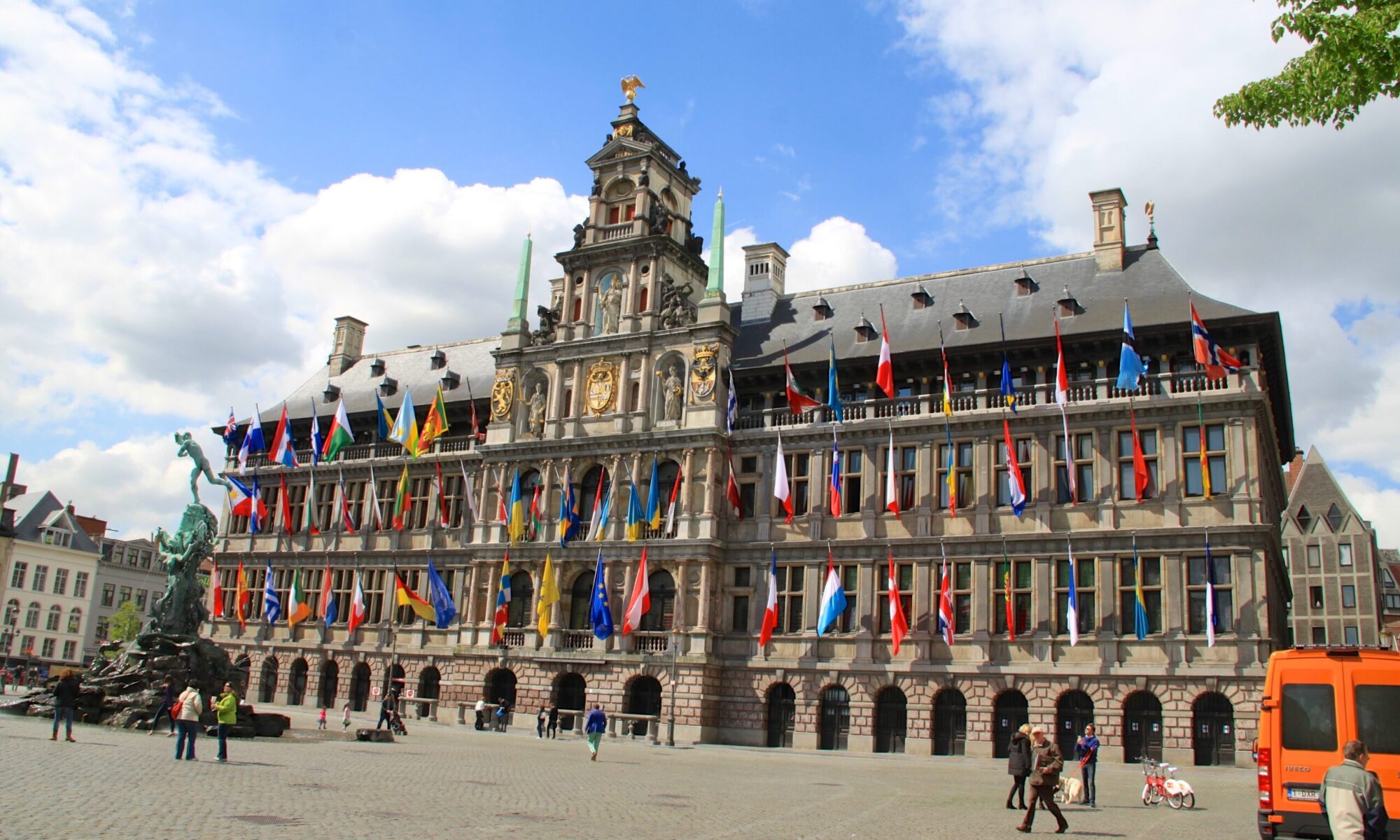Dear Members of the Flemish Government,
We, Congolese researchers and alumni of the Institute of Development Policy (IOB), write to express our profound concern over the recent announcement to cut funding to this vital institution — and action that practically amounts to shutting it down.
At a time when Europe is prioritizing increased competitiveness and reducing energy and supply chain vulnerabilities, Flanders stands to gain significantly from strengthening partnerships rather than dismantling them. Unfortunately, this decision jeopardizes two decades of Flemish investment in honest collaborations, positive international visibility, and improved understanding of sustainable and fair mineral supply chain.
After two decades of exceptional contributions, IOB has become a cornerstone of development research and capacity building, fostering rich partnerships between Flanders and Central Africa, especially with the Democratic Republic of the Congo (DRC), where it has trained more students than any other department, not only in Flanders but worldwide.
IOB’s research on critical minerals, conflict dynamics in DRC and neighboring countries (Uganda, Rwanda and Burundi), the links between mineral resources and armed groups such as M23, and efforts in state reconstruction and justice reform, has been crucial for knowledge co-creation and mutual understanding between Flemish and Congolese scholars. In regions often dominated by narratives of colonial injustice, IOB has offered an alternative perspective—positioning Flanders as a positive force in co-creating knowledge, strategic solutions, and solidarity. IOB’s decolonization reflections, particularly in its work in the DRC, resonated with the University of Antwerp’s decision to rename a former colonial lecture hall after Lumumba two years ago. Reversing this momentum benefits neither Flanders nor the DRC.
In times of crisis, partnerships should be built—not cut. And indeed, by building partnerships with local universities in Kinshasa, Bukavu, Kisangani and Lubumbashi and research centres like Centre d’Expertise en Gestion Minière, IOB is helping cultivate a new generation of empowered female and male academic, political and economic leaders, who, despite the war the DRC faces, return home to contribute to their best to its development in their respective sectors. This long-term investment in collaboration benefits both the DRC’s path to stability and development, and Flanders’ potential for innovation supported by a stable and ethical mineral supply chain. Beyond the DRC, IOB continues to be a positive force in many other developing countries through its educational programs, research activities, and support for local initiatives. It has also established national alumni networks around the world, maintaining strong ties with public and private sectors in these countries.
Burning the bridges that Flanders has built over the past two decades and opting for isolation would make Flanders economically vulnerable in the long term and miss the opportunity to foster global stability through collaboration. We therefore urge the Flemish Government to reassess this decision and continue supporting IOB, recognizing it as a vital asset for global development, regional stability, and Flanders’ international reputation.
Thank you for your attention and consideration.
On behalf of the Congolese IOB researchers and alumni,
Albert Malukisa Nkuku, Professor
Alfred Mukengere Murhabazi, PhD student
Benjamin Muhoza Kanze, PhD student
Bienvenu Matungulu, PhD student
Bossissi Nkuba, Professor
Christine Cikesa Musharhamina, researcher
Dieu-Merci Rodrigue Cebweru
Divin-Luc Bikubanya, Teaching Assistant and PhD student
Denis Samnick Augustin, Teaching Assistant and PhD student
Elias Maombi Ndatabaye, PhD student
Elie Lunanga, Professor
Emmanuella Bauma, researcher
Francine Iragi Mukotanyi, Professor
Gracieux Shashi, Master student
Janvier Kilosho Buraye, Professor
Joseph Bahati Mukulu, PhD student
Laurent Mugisho, civil servant
Naomi Mayinga Mputu, researcher
Naomi Nabami, PhD student
Olivier Bahati Mastaki, PhD student
Pascal Cibangala, Master student
Paterne Murhula, Professor
Paul Robain Namegabe, Professor
Paulin Balungwe Shamavu, PhD student
Thierry Mirindi, researcher


